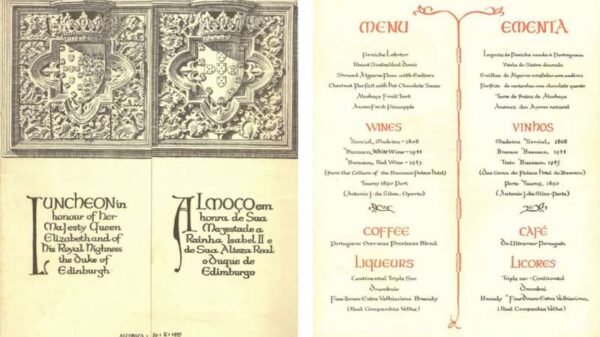Researchers at the University of Waterloo are making significant strides in resolving one of the most challenging questions in theoretical computer science: the P vs. NP problem. This problem has puzzled mathematicians and computer scientists for decades, and solving it could yield a reward of $1 million as part of the Millennium Prize Problems.
Cameron Seth, a Ph.D. researcher specializing in algorithmic approximation, emphasizes a strategic approach to this complex issue. Instead of confronting the P vs. NP problem directly, his research focuses on breaking it down into manageable components, thereby exploring related problems that may offer insights into the larger conundrum.
Understanding P vs. NP
The essence of the P vs. NP problem can be illustrated using familiar puzzles like jigsaw or Sudoku. A problem is classified as a “P” problem if it can be efficiently solved by a computer, while an “NP” problem is one that is challenging to solve but easy to verify once a solution is provided. For instance, solving a Sudoku puzzle might take considerable time, but verifying the solution is almost instantaneous.
Seth explains the core question: “Is every problem that can be verified quickly also solvable quickly?” This inquiry has profound implications for various fields, including cryptography, artificial intelligence, and optimization. The security of many encryption methods hinges on the assumption that certain problems are hard to solve but easy to check, which underpins online security protocols used in banking and personal data protection.
Innovative Approaches to Problem Solving
Rather than seeking a definitive answer to the P vs. NP question, Seth’s research investigates approximate solutions to related problems. He employs graph algorithms to analyze large networks, such as those in social media applications. By isolating smaller segments of these networks, he aims to glean insights that could illuminate the broader challenges posed by the P vs. NP problem.
This innovative methodology enables the development of combinatorial tools that simplify complex optimization problems by narrowing down vast combinations to a more manageable subset. Seth articulates his goal: “My research isn’t about finding one solution but determining whether a near-solution exists and what that might teach us about similar problems.”
Seth’s findings were recently presented in a paper titled “A Tolerant Independent Set Tester” at the 2025 Symposium on Theory of Computing. The research has been published on the arXiv preprint server, contributing to the ongoing discourse surrounding one of computer science’s most enduring challenges.
As researchers like Cameron Seth continue to explore these intricate problems, the potential for new understanding in computer science grows. The implications of their work may not only advance theoretical knowledge but also enhance practical applications across various technological domains.



































































